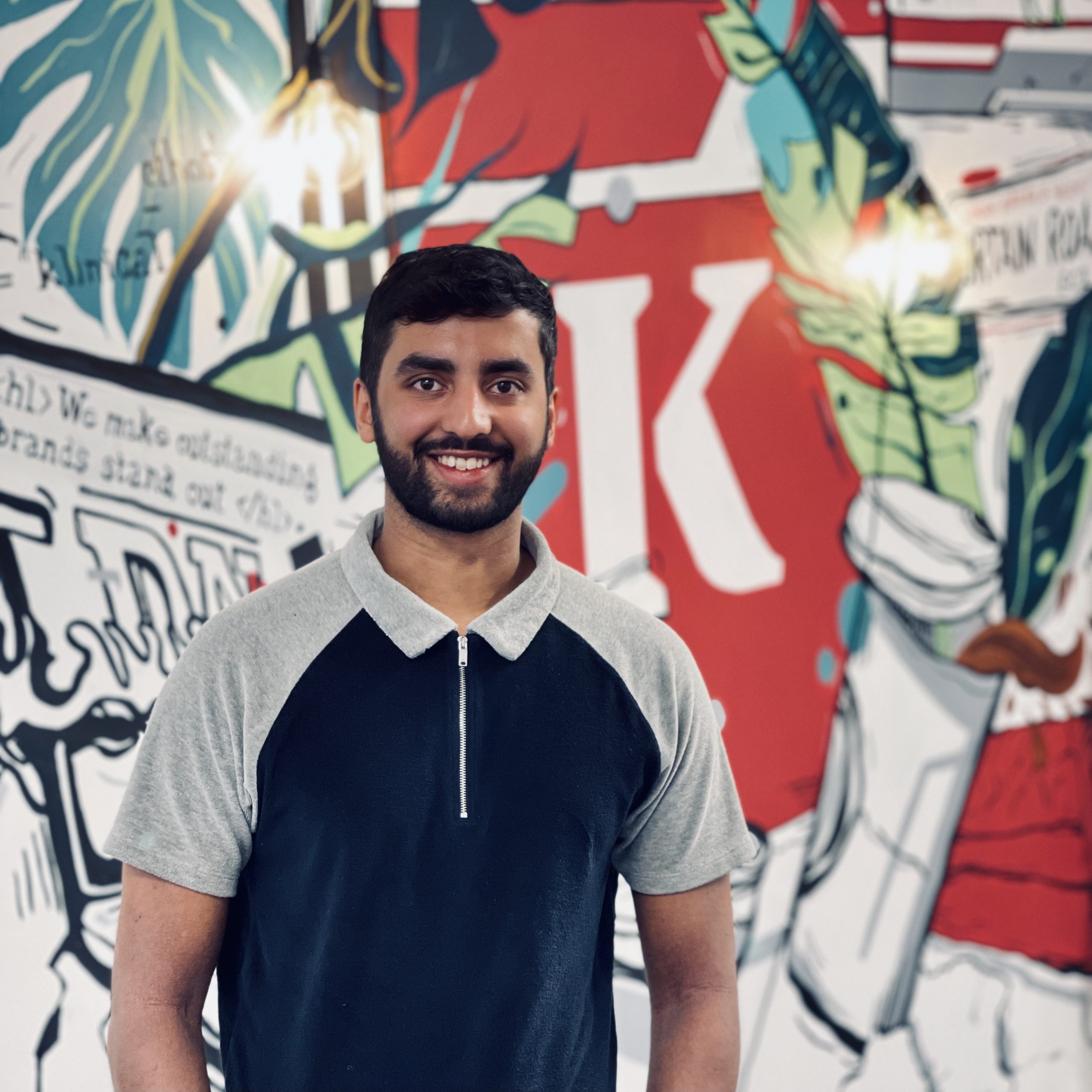

Tourism is a sector that reaches the end user in a seemingly simple way but commercially, it’s tangled with complexities. This is because “destination” brands are competing with nearby business for global attention; and while the experience takes place on-site, the interactions begin long before check-in and linger beyond check-out. Combine this with increasingly sophisticated consumers who will weigh up reviews, videos, articles and social media before making up their mind, and you realize just how important it is for hotels and hospitality brands to have a strong identity and impactful assets.
Renowned hospitality expert, entrepreneur and philanthropist Gaurav Sinha once said: “Hospitality is the frontline of cultural diplomacy for a nation. How hospitable you are, positions you on the world stage.”.
In other words, the way in which destinations deliver their experience is paramount to not just themselves but the wider community. To get this right, hotels, resorts and other tourism businesses must devise a strong strategy, engage directly with their audience and refresh their identity when necessary.
Beginning with brand strategy
During the strategy process, you should define who you are (your mission, vision, values and USPs) and who you’re for (your target markets and ideal client profiles). Destination brands should arrive at these conclusions by combining their internal expertise, knowledge of competition and global market trends.
It’s always worth running a check on whether your strategy makes sense for your objectives and the market. Strategy involves investigating trends, acquiring consumer data, cultivating a unique gameplan, identifying your competitive advantages and creating a compelling narrative that befits your goals. There’s nothing wrong with going back to the drawing board.
Going to the horse’s mouth
While doing this, destinations need to double down on their engagement with guests, past and present. It’s integral that they find creative ways to gain their opinions and insights into what they’re looking for.
From incentivised surveys to tactful front-of-house staff, there are numerous ways to obtain this information, providing a clearer picture of your audience profile and the science behind their behavior.
Refreshing and applying
So far, you’ve created a strategy and you’ve figured out what your most appealing assets are. Now it comes down to execution. From websites and social media to wedding brochures, it’s essential that every detail is on-brand and refreshed.
One of the biggest advantages that independent destination brands have over their major franchise competitors is agility. Big hotel groups that have centralized decision-making at HQ are slower to adjust and less likely to keep up with customers’ demands. Having such a long, arduous line of command means that brand strategy, brand identity and brand assets are set in stone and become outdated which means each location relies heavily on its name to draw guests in. It can work but is it sustainable in a world in which the consumer has more choice than ever and is looking for an interesting experience?
This is where independently owned destination brands can swoop in and take advantage. They’re able to be nimble with their strategy and make swift adjustments.

brand strategist and copywriter at Klinical













